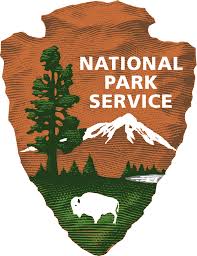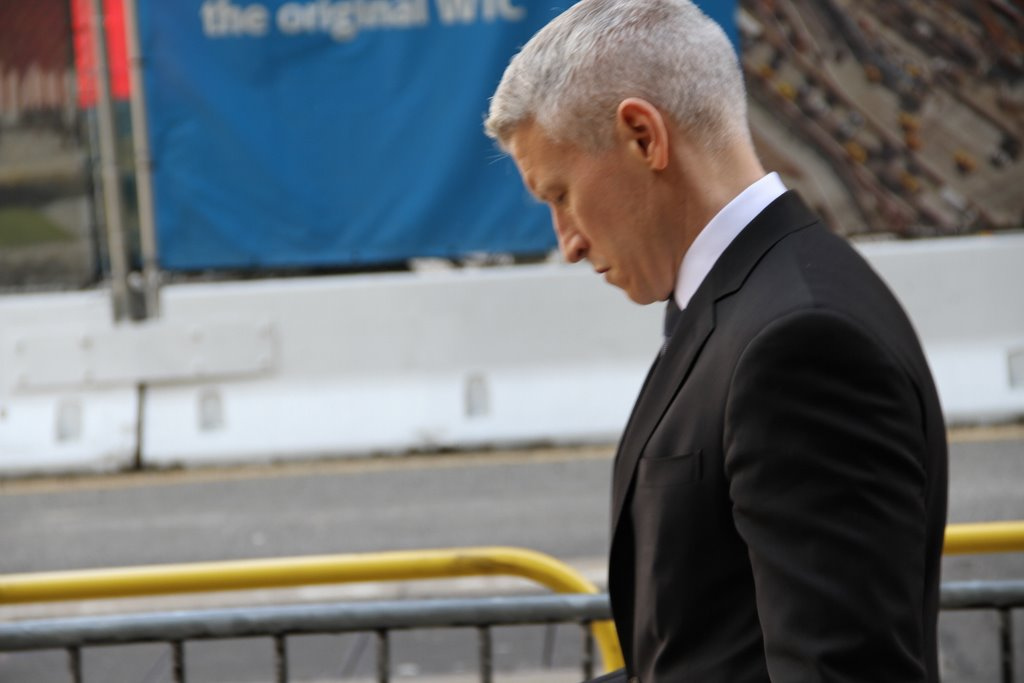 Parler
Parler Gab
Gab
Going cashless only bolsters the SURVEILLANCE STATE
Dasburg and her co-plaintiffs are asking the court via the lawsuit to declare the practice unlawful, which would force the NPS to let visitors pay with cash. They are also seeking relief for the cost of the suit, including legal fees incurred. The suit named the NPS, its parent the DOI and NPS Director Charles F. Sams III as defendants. The NPS did not immediately respond to a request for comment sent by the Defender about Dasburg and her lawsuit. However, the service's FAQ page for cashless fee collection stated that the move to go cashless aimed to make the NPS "a better steward of … visitors' dollars." Among the reasons cited by the NPS for going cashless include reducing its administrative burden, slashing transaction times and allowing its rangers to spend more time with visitors. NPS Associate Director for Business Services defended the move to go cashless in 2023. He told USA Today at the time: "We are trying to watch where our visitor demand is, but we're also trying to make smart operational decisions that allow us to keep as many dollars in our parks." The plaintiffs found an ally in the person of former Federal Housing Commissioner Catherine Austin Fitts. She told the Defender: "This lawsuit goes at the very heart of the war to preserve our cash, and with it our human and health freedoms." "Removing cash from circulation is an essential step to implementing a complete surveillance state that can shut off our money at will – as we saw happen to the Canadian truckers – or take our assets and grab our land." Watch this video about President Joe Biden signing Executive Order 14067 that lays the groundwork for a cashless society. This video is from the Preacher channel on Brighteon.com.More related stories:
CASHLESS DOWN UNDER: Australia gears up for CBDC rollout, with major banks banning OTC cash withdrawals. American businesses, big-box stores increasingly rejecting CASH as forced shift to cashless society accelerates. UK on track to become a FULLY CASHLESS NATION by 2035 as use of cash declines rapidly. Australia is rapidly becoming "cashless society" shunning all physical currency. LA City Council backs ban on cashless retail businesses. Sources include: 100PercentFedUp.com ChildrensHealthDefense.org Law.Cornell.edu Brighteon.comYoung Americans will never own homes thanks to Wall Street and the Federal Reserve
By Ethan Huff // Share
JPMorgan to launch biometric payment system, but consumers should be wary
By Cassie B. // Share
Governments continue to obscure COVID-19 vaccine data amid rising concerns over excess deaths
By patricklewis // Share
Tech giant Microsoft backs EXTINCTION with its support of carbon capture programs
By ramontomeydw // Share
Germany to resume arms exports to Israel despite repeated ceasefire violations
By isabelle // Share










